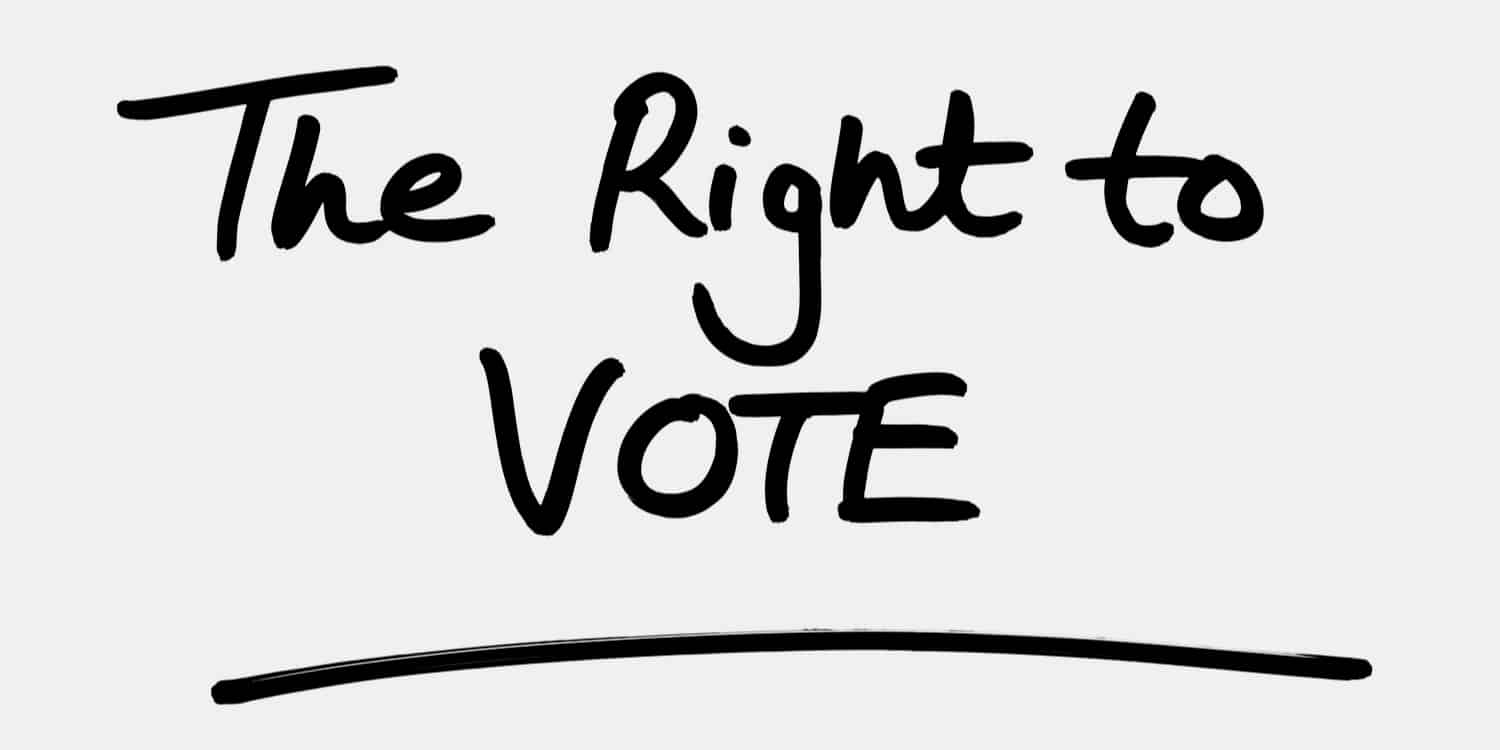Whilst directors are responsible for managing a company, it is the shareholders (members) who own the business. Consequently, shareholders have certain rights, which are enshrined in the Companies Act 2006, the articles of association, and shareholders’ agreements. In this post, we will consider some of the main statutory rights of shareholders.
Key takeaways
- Shareholders can enforce their rights through derivative claims against directors for breaches of duty or negligence.
- Holding at least 5% of shares allows shareholders to call general meetings and propose written resolutions.
- Shareholders with over 25% control can block special resolutions and schemes of arrangement, influencing company direction significantly.
Rights of all shareholders
All company shareholders have the right to:
- Inspect company information, including the register of members (s. 116 Companies Act 2006) and a record of resolutions and minutes (s. 358) without any charge.
- Derivative claims – members can bring a claim against a company director known as a derivative claim (s. 260). This is essentially a claim on behalf of the company in relation to a breach of duty, trust, negligence or default by a director.
- Attend general meetings – notice must be given to members regarding any shareholder meetings (s. 310).
- Vote on certain company affairs – subject to their class of shares and the articles of association, members have a right to vote on certain company resolutions (s. 284).
- Appoint proxies – shareholders are entitled to appoint another person as their proxy to exercise any relevant rights to attend, speak, and vote at a meeting of the company (s. 324).
- Receive annual accounts – companies are required to distribute a copy of annual accounts and reports for each financial year to every shareholder (s. 423).
- Share certificates – members are entitled to be issued with a share certificate within two months of their shares being allotted (s. 769). This does not necessarily constitute a paper certificate. In addition to issuing share certificates, companies must also add new members to their register of members (s. 113).
- Inspect directors’ service contracts – all members are entitled to inspect a copy of every director’s service contract with the company or with a subsidiary of the company, or a written memorandum setting out the terms of their contract (s. 229).
- Petition unfair prejudice – under s. 994, a company shareholder “may apply to the court by petition for an order […] on the ground […] that the company’s affairs are being or have been conducted in a manner that is unfairly prejudicial to the interests of members generally or of some part of its members.”
Rights of shareholders possessing at least 5% of shares
- Written resolution – members of a private company holding at least 5% of shares “may require the company to circulate a resolution that may properly be moved and is proposed to be moved as a written resolution” (s. 292). This is a method for shareholders to propose a written resolution in the absence of a board resolution to do so.
- Call a general meeting – according to s. 303(2), company “directors are required to call a general meeting once the company has received requests to do so from” members holding at least 5% of shares.
- Circulation of statements – under s. 314, “members of a company may require the company to circulate, to members of the company entitled to receive notice of a general meeting, a statement of not more than 1,000 words with respect to (a) a matter referred to in a proposed resolution to be dealt with at that meeting, or (b) other business to be dealt with at that meeting.”
Rights of shareholders possessing at least 10% of shares
- Audit – where a company is exempt from an audit, members who hold at least 10% of shares can force an audit to be held in respect of company accounts for a financial year (s. 476).
- Right to demand a poll – in general, members holding 10% of voting shares (or five members who have the right to vote) can demand a poll in respect of a proposed resolution (s. 321). If there is a provision in the company’s articles of association which precludes this right, it will be considered void (except if it pertains to the election of the chairman of the meeting, or the adjournment of the meeting).
Rights of shareholders possessing more than 10% of shares
- Block short notice meeting – in a private limited company, members holding more than 10% of shares can prevent a general meeting which is proposed to be held on less than the statutory amount of notice (s. 307).
- Block squeeze out – the compulsory sale of the shares of minority shareholders (known as a ‘squeeze out’) can be blocked by members holding in excess of 10% of company shares (s. 979).
Rights of shareholders possessing at least 15% of shares
- Variation of class rights – under s. 633, if there is a proposal to vary the class rights of shares, “holders of not less in the aggregate than 15% of the issued shares of the class in question…may apply to the court to have the variation cancelled.”
Rights of shareholders possessing more than 25% of shares
- Block special resolutions – to be successfully passed, special resolutions must be accepted by “members representing not less than 75% of the total voting rights of eligible members“ (s. 283). As such, shareholders who control over 25% of voting rights can block a special resolution.
- Block schemes of arrangement – a scheme of arrangement is a formal statutory procedure under which a compromise or arrangement is reached between a company and its members or creditors, the purpose of which is generally to restructure finances (sometimes due to looming insolvency). Members holding more than 25% of shares can block any such scheme of arrangement (s. 899).
Rights of shareholders possessing at least 50% of shares
- Block ordinary resolutions – shareholders controlling at least 50% of voting rights can effectively block any proposed ordinary resolutions (s. 282). Since ordinary resolutions are associated with the general management of a company, the ability to block such resolutions can hinder the day to day running of the business.
Rights of members holding more than 50% of shares
- Pass ordinary resolutions – according to s. 282, ordinary resolutions can be “passed by members representing a simple majority of the total voting rights of eligible members”, i.e. holding in excess of 50% of shares with voting rights. It should be noted that a director of a company with this level of shareholding is deemed to effectively be in control of the company (s. 255) – known as a director “controlling” a body corporate.
Rights of shareholders possessing at least 75% of shares
- Pass special resolutions – a special resolution must be “passed by members representing not less than 75% of the total voting rights of eligible members” (s. 283).
- Pass schemes of arrangement – according to s. 899: “If a majority in number representing 75% in value of the creditors or class of creditors or members or class of members…agree a compromise or arrangement, the court may, on an application under this section, sanction the compromise or arrangement.”
Rights of shareholders possessing at least 90% of shares
- Pass short notice meeting – in a private limited company, members holding 90% of shares can call for a general meeting, which is proposed to be held on less than the statutory amount of notice (s. 307). This figure rises to 95% in respect of public limited companies.
- Pass squeeze out – the compulsory sale of the shares of minority shareholders (known as a ‘squeeze out’) can be passed by members holding 90% of company shares (s. 979).
Articles of association, shareholders’ agreements, and class rights
In addition to their statutory rights, of which some of the key ones have been outlined above, members may have additional rights contained in the articles of association and shareholders’ agreement.
Articles of association
All limited companies are required to adopt articles of association as part of the incorporation process. This document essentially sets out the rules which govern how the company operates.
The articles will normally include provisions defining certain rights of shareholders, such as those related to decision-making processes (e.g., voting in general meetings) and payments of dividends.
Shareholders’ agreement
Although it is not a requirement for a limited company to put in place a shareholders’ agreement, many choose to do so. Supplemental to the articles of association, it generally serves to clarify the powers and rights of shareholders.
Some shareholders’ agreements may define how dividends are to be distributed among members and specify additional voting rights, or any rules regarding the transfer or sale of shares.
Class rights
It is important to note that some shareholders will have different rights compared to other members, irrespective of the quantity of shares they hold.
Although the term “class rights” is not defined by the Companies Act 2006, s. 929 notes that it generally refers to “the rights that attach to a particular share relate to matters such as voting rights, a right to dividends and a right to a return of capital when a company is wound-up. Rights attach to a particular class of shares if the holders of shares in that class enjoy rights that are not enjoyed by the holders of shares in another class.”
A common example of differing class rights attached to shares is the case where one member has voting rights and another does not.










Join The Discussion
Comments (4)
Dear QCF Team,
Thank you for this super article! It inspired me to stop any direcetor of my private company limited by shares (of which the sole purpose is the management of our block of 20 flats) claiming exemption from audit because there has not been a request for audit from 10% of members. I am hoping to manage this stopping on my own. I think I can do this under s.260 of the Companies Act because we have a registered statutory document called a lease, but it is in content an agreement among members, and it demands an annual audit. What do you think?
Thank you for your kind enquiry, Sophie.
Unfortunately, we can’t comment on specific cases. We would suggest you seek legal advice with respect to your situation, however we’ve set out some comments below that may be of help:
– Generally speaking, companies are required to have their accounts audited. Companies that meet certain criteria, however, may be exempt from having to obtain one (for example, if their annual turnover is no more than £10.2 million and it has 50 or fewer employees on average)
– However, even if the company is exempt from carrying out an audit, its members can still require one to be completed under section 476 of the Companies Act 2006
– So, just because the members have not demanded an audit to be carried out, it may still be compulsory for the company to do so
– The members of the company themselves may need to consider if they have agreed for something the be undertaken, for example an audit (such an arrangement might often come out from somewhere like a shareholder agreement)
– With regards section 260 of the Companies Act – this section provides for the ability of a member (in this case, a shareholder) to bring a derivative claim against a director on behalf of the company.
– Derivative claims can be brought if the company suffers a loss as a result of a director’s negligence, default, breach of duty or breach of trust.
– Remedies for a derivative action can vary – for example, it might be to stop a director from carrying out a breach
We trust this information is of use to you.
Kind regards,
The QCF Team
How can a shareholder with 25% of the shares in a company but a class with no voting rights be classed as a PSC when they have no voting power so no control of matters to be voted on .
Thank you for your kind question, Robert.
There are instances in which people have significant control by virtue of their decision making prowess, etc. For example, a CEO with less than 25% of the shares, whereby the shareholders cede decision making to them by virtue of their expertise.
You can read more about this category of PSC in this article: https://www.qualitycompanyformations.co.uk/blog/people-with-significant-control/
We trust this information is of use to you.
Kind regards,
The QCF Team